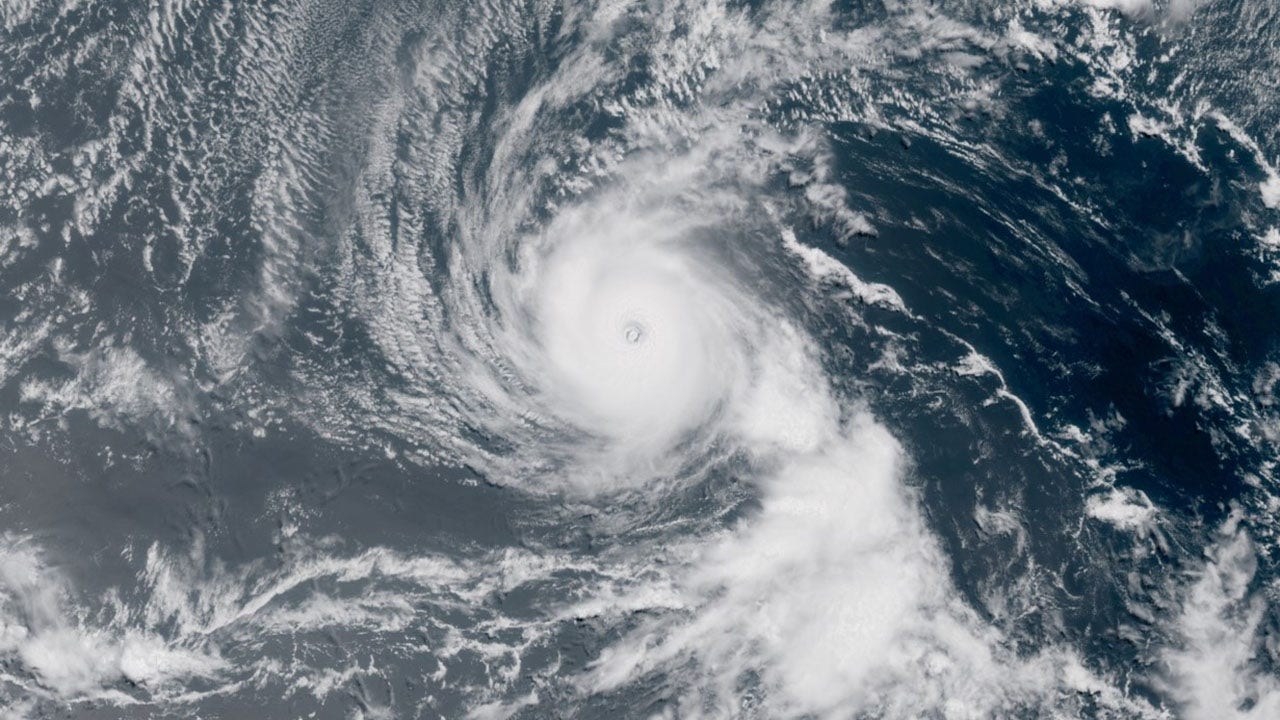2021 hurricane season will be even more active than previously forecast: NOAA scientists

The 2021 Atlantic hurricane season is likely to be busier than meteorologists previously predicted.
In a Wednesday update to its seasonal outlook, the National Oceanic and Atmospheric Administration (NOAA) increased the number of hurricanes and named storms expected in another “above-normal” year.
ELSA BECOMES FIRST HURRICANE OF 2021 SEASON
In May, the agency initially reported a likelihood of 13 to 20 total named storms. NOAA said six to 10 of those named storms were likely to become hurricanes and three to five were likely to become major hurricanes.
Now, it says the number of expected named storms is 15 to 21, including seven to 10 hurricanes. The number of major hurricanes did not change.
Additionally, the chance for an above-average season increased by five percentage points from 60% to 65%.
Notably, the updated outlook includes the five named storms that have formed so far, and NOAA pointed out that Hurricane Elsa became the earliest fifth named storm on record.
“After a record-setting start, the 2021 Atlantic hurricane season does not show any signs of relenting as it enters the peak months ahead,” NOAA Administrator Rick Spinrad said in the release. “NOAA will continue to provide the science and services that are foundational to keeping communities prepared for any threatening storm.”
There is now just a 25% chance of a near-normal season, down from 30% in May.
HURRICANE FELICIA STRENGTHENS INTO CATEGORY 4 STORM OVER EASTERN NORTH PACIFIC
“A mix of competing oceanic and atmospheric conditions generally favor above-average activity for the remainder of the Atlantic hurricane season, including the potential return of La Nina in the months ahead,” said Matthew Rosencrans, NOAA’s Climate Prediction Center lead seasonal hurricane forecaster.
2020 saw a record-breaking year with 30 named storms, forcing forecasters to use Greek letters by the end of the season.
While Atlantic sea surface temperatures are not expected to be as warm as they were in 2020, NOAA said reduced vertical wind shear and an enhanced west Africa monsoon would contribute to current conditions that can increase activity.
CLICK HERE TO GET THE FOX NEWS APP
Lastly, the agency highlighted that the above-normal conditions were “set against the backdrop of the ongoing warm phase of the Atlantic Multi-Decadal Oscillation” – an ongoing series of long-duration changes in the sea surface temperature of the North Atlantic Ocean with cool and warm phases.
The 2021 Atlantic hurricane season ends on Nov. 30, with its peak during August to October.
The Associated Press contributed to this report.




